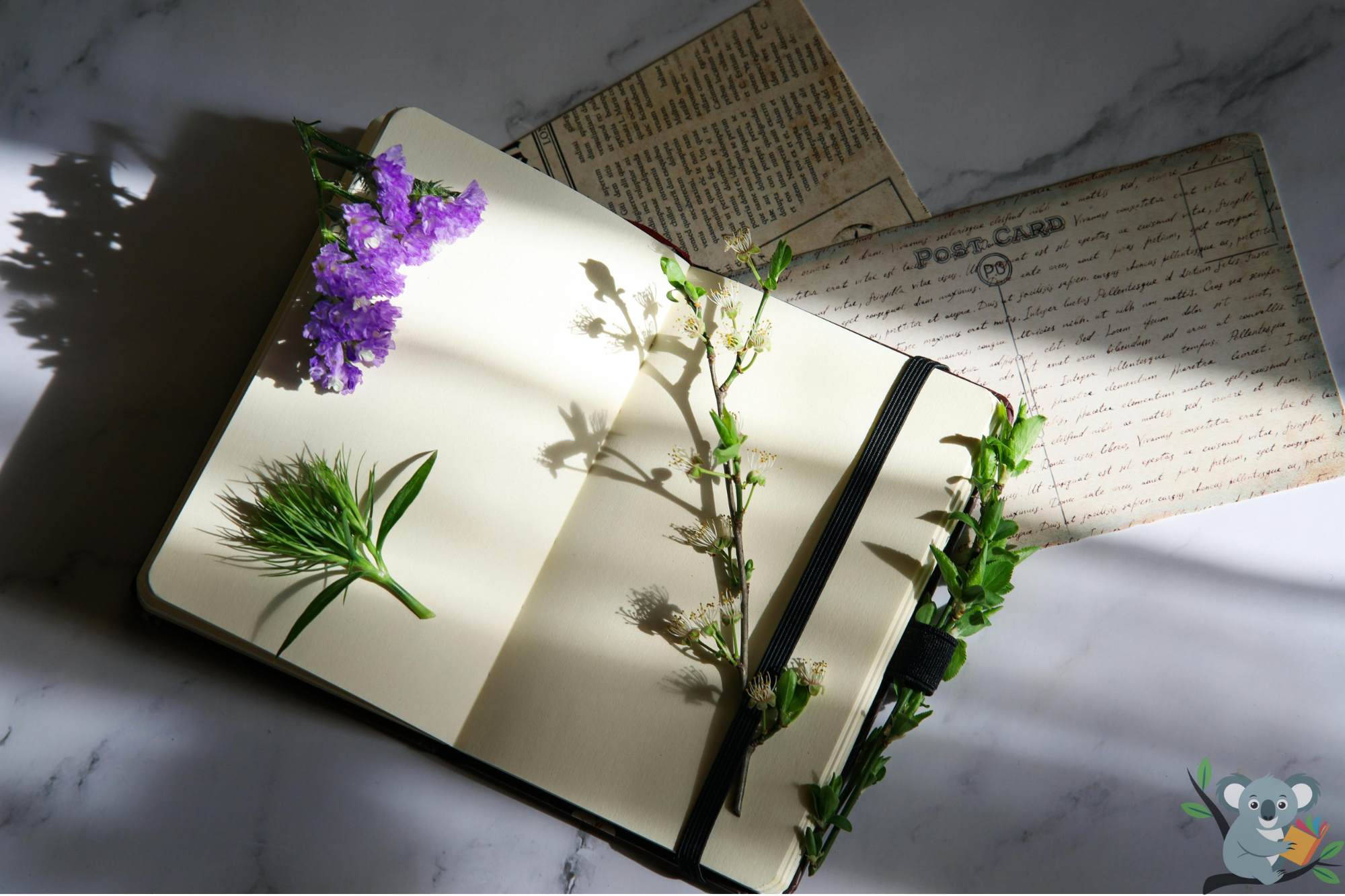10 Charlotte Mason Habits That Will Transform Your Homeschool (Without Adding More to Your Plate)
By: Lanette Judy
When I first heard about Charlotte Mason, I was a homeschool mom who was a former educator and she hadn’t “shown up” in my educational history classes. Why was she so special? Here was this 19th-century British educator who believed in short lessons, real books, fresh air, and treating children as whole people—not just empty vessels waiting to be filled with facts. Honestly, I was hooked before I even finished reading about her works.
But here’s the truth: you don’t have to transform your entire homeschool into a picture-perfect, all-Charlotte-Mason-all-the-time setup to see results. You can start small—really small—and still see your homeschool come alive in new ways.
Over the years, I’ve found that weaving just a few Charlotte Mason habits into our homeschool routine has made all the difference in the quality of the education, our joy, and our kids’ engagement.
Here are 10 Charlotte Mason–inspired habits you can try today—no extra planner pages required:
Short lessons. Keep them 15–20 minutes for younger kids, 30–45 for older ones. Stop before they’re bored.This will keep their curiosity alive and you sane!
Living books. Trade the lifeless, committee-written textbook for something that feels like a story worth telling.
Narration. Have your kids tell you, in their own words, what they learned. You’ll be amazed at how much they retain.
Nature walks. Even if it’s just around your neighborhood. Take time to notice what’s blooming, flying, crawling, or changing. (And be prepared for endless questions!)
Copywork. Choose a short passage with beautiful language and have your child write it out carefully. This builds handwriting, spelling, grammar, and attention to detail.
Artist study. Pick one artist, look at one painting for a few minutes, and then talk about what you notice. Find beautiful books at the library that contain artists' works.
Composer study. Play one piece of music. Just… listen. Let it wash over you. (Cue the silence!)
Habit training. Pick one habit—kindness, attentiveness, neatness—and work on it together until it becomes part of daily life.
Real-life skills. Baking bread, sewing a button, planting a garden. These matter just as much as academic skills. (Enlist a relative, neighbor, community center or class for help with things you aren’t an expert at)
Plenty of free time. Kids need unstructured time to think, imagine, and create. Have a “no rules” afternoon where creativity takes center stage.
Why These Habits Work
The beauty of Charlotte Mason’s approach is that it’s life-giving. It’s not about cramming more into your homeschool—it’s about making space for what really matters. Her philosophy reminds us that education isn’t just about passing a test; it’s about shaping who our children are becoming and how they see the world.
If you’re wondering how to bring this into your language arts without spending hours reinventing the wheel, that’s exactly why we created Total Language Plus. Our literature-based guides already have these Charlotte Mason principles woven in—short lessons, rich ideas, and space for real conversation.
So here’s a challenge: Pick one or two of these habits and start this week. You might just find that your homeschool feels lighter, richer, and more joyful—without adding a single extra thing to your to-do list.

